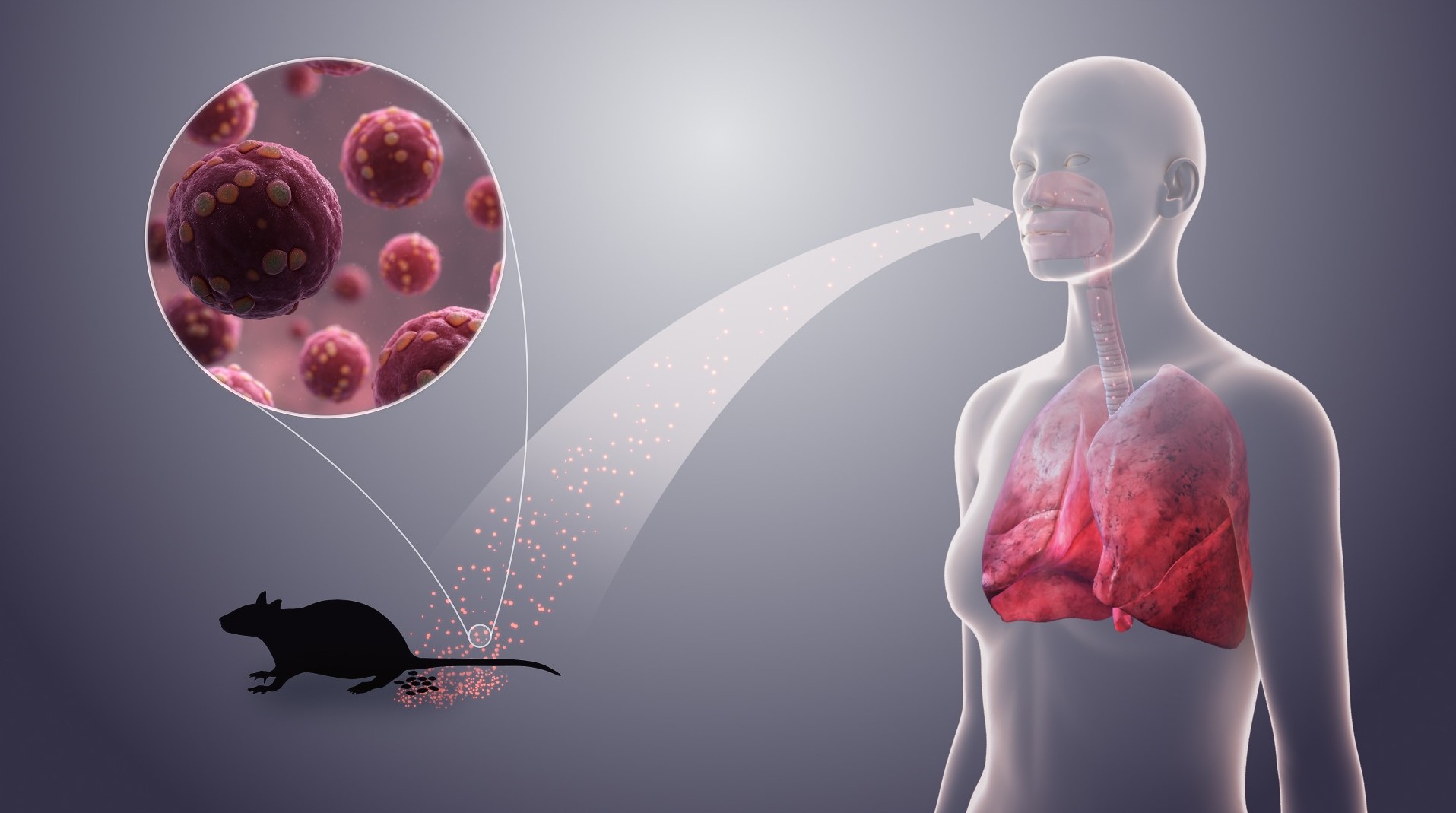EDWARDS AIR FORCE BASE, Calif. --

Public Health officials at Edwards Air Force Base are raising awareness about hantavirus, a potentially serious respiratory illness linked to rodents. While cases are rare in California, taking precautions is essential, especially in areas where rodents may be present.
What you need to know about hantavirus
Hantavirus is spread through contact with infected rodent droppings, urine, or saliva. Deer mice, common in the Edwards area, are the primary carriers. The risk is generally higher in rural, mountainous areas above 2900 feet.
- Symptoms: Early symptoms include fever, muscle aches, fatigue, and dizziness. More severe symptoms, such as shortness of breath and fluid buildup in the lungs, can develop as the illness progresses.
- Treatment: Currently, there is no specific cure for hantavirus. Treatment focuses on supportive care to manage symptoms and aid recovery.
- Complications: Untreated hantavirus can lead to hantavirus pulmonary syndrome (HPS), a severe and potentially fatal respiratory condition.
Protecting yourself and your family
Prevention is key. Here's how to minimize your risk:
- Avoid disturbing rodent nests or areas where rodents may be present.
- Seal any holes or openings in buildings and homes to prevent rodents from entering.
- Cover drain openings and large pipes with screens or grates.
- Maintain a clean environment in and around your home and workplaces.
- Store food (including pet food) in tightly sealed rodent-proof containers.
- Keep garbage in containers with tight-fitting lids and dispose of it frequently.
- Keep grass and weeds trimmed around your home to reduce rodent habitat. Remove brush piles and woodpiles or store them away from buildings.
Safe cleaning procedures
Since hantavirus can be transmitted through airborne particles, never sweep or vacuum dry rodent droppings, urine or nesting materials, as this can aerosolize the virus. Instead, follow these steps when cleaning affected areas to protect yourself:
- Gear Up: Wear rubber or plastic gloves.
- Ventilate: Open windows and doors to ventilate the area for at least 30 minutes before cleaning.
- Disinfect: Thoroughly dampen droppings and contaminated surfaces with a disinfectant solution (1 part bleach to 10 parts water). Let the solution soak for at least 5 minutes (or the recommended time on the disinfectant label).
- Carefully Remove: Use paper towels to carefully pick up the dampened droppings and debris. Place the contaminated materials in a sealed plastic bag and dispose of it.
- Wash Up: Wash your hands thoroughly with soap and water immediately after removing gloves.
We're here to help
If you suspect you've been exposed to hantavirus and are experiencing symptoms, please contact the 412th Medical Group Appointment Line to discuss your concerns at 661-277-7118.
The 412th Medical Group is dedicated to the health and safety of our community. For questions or more information, visit us or follow us on Facebook.